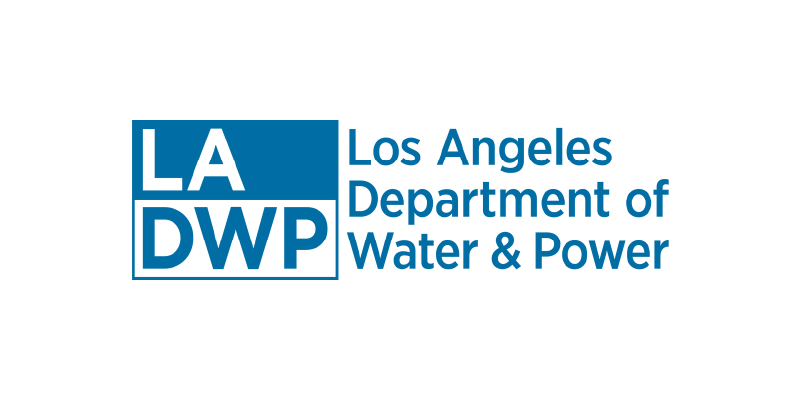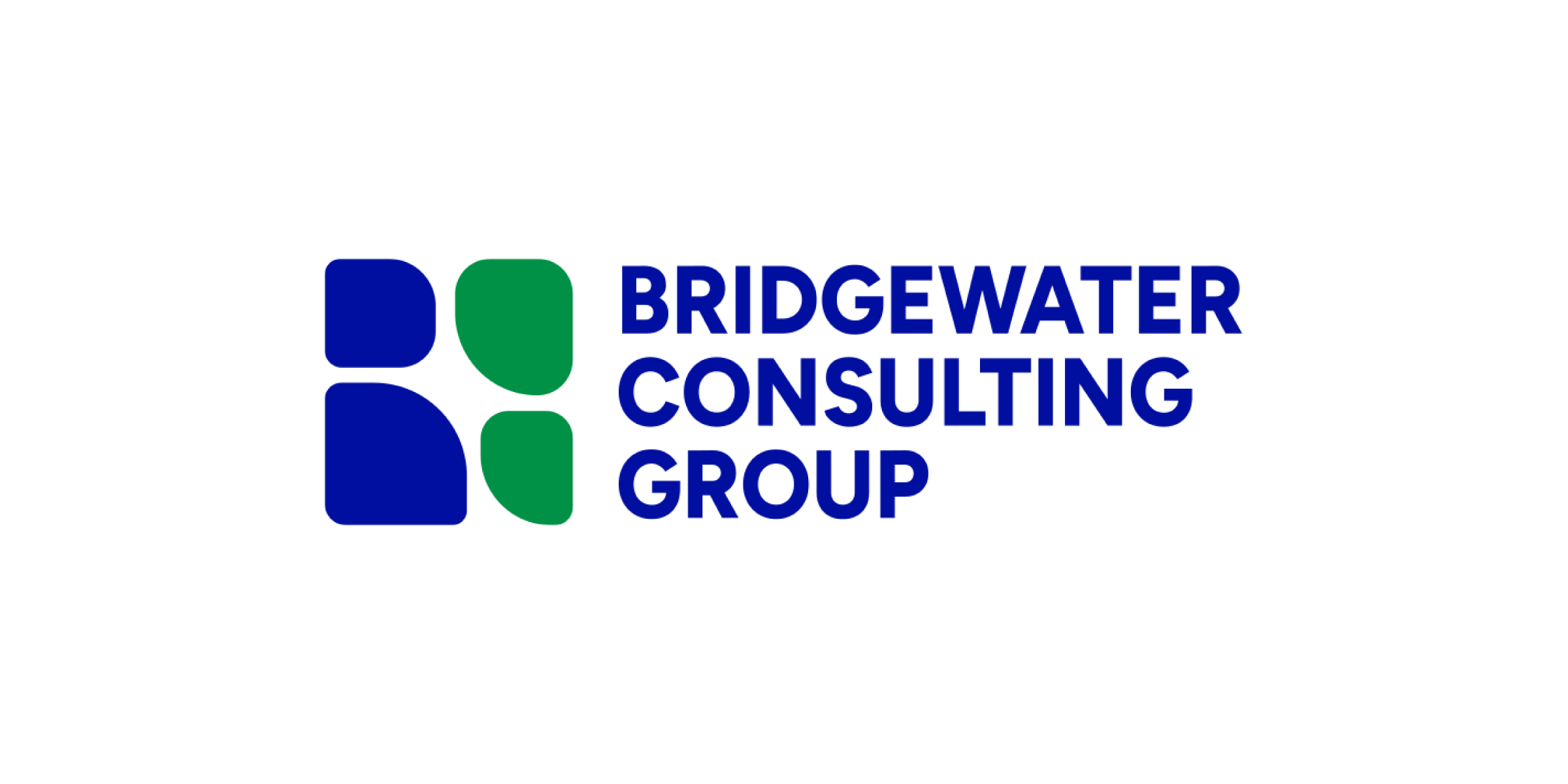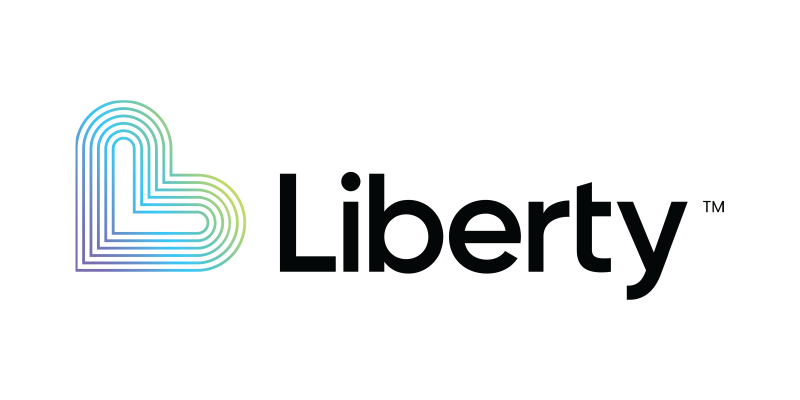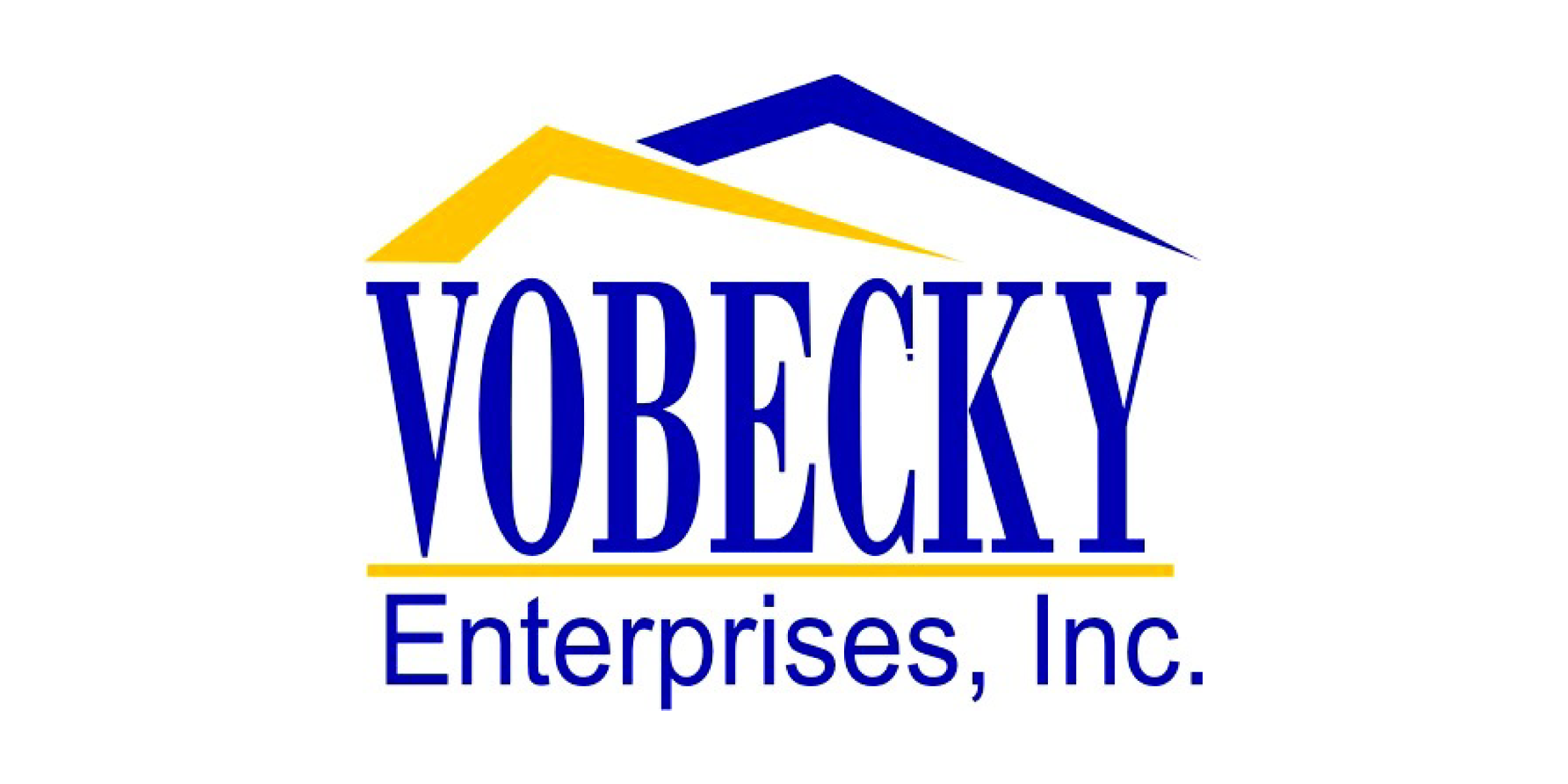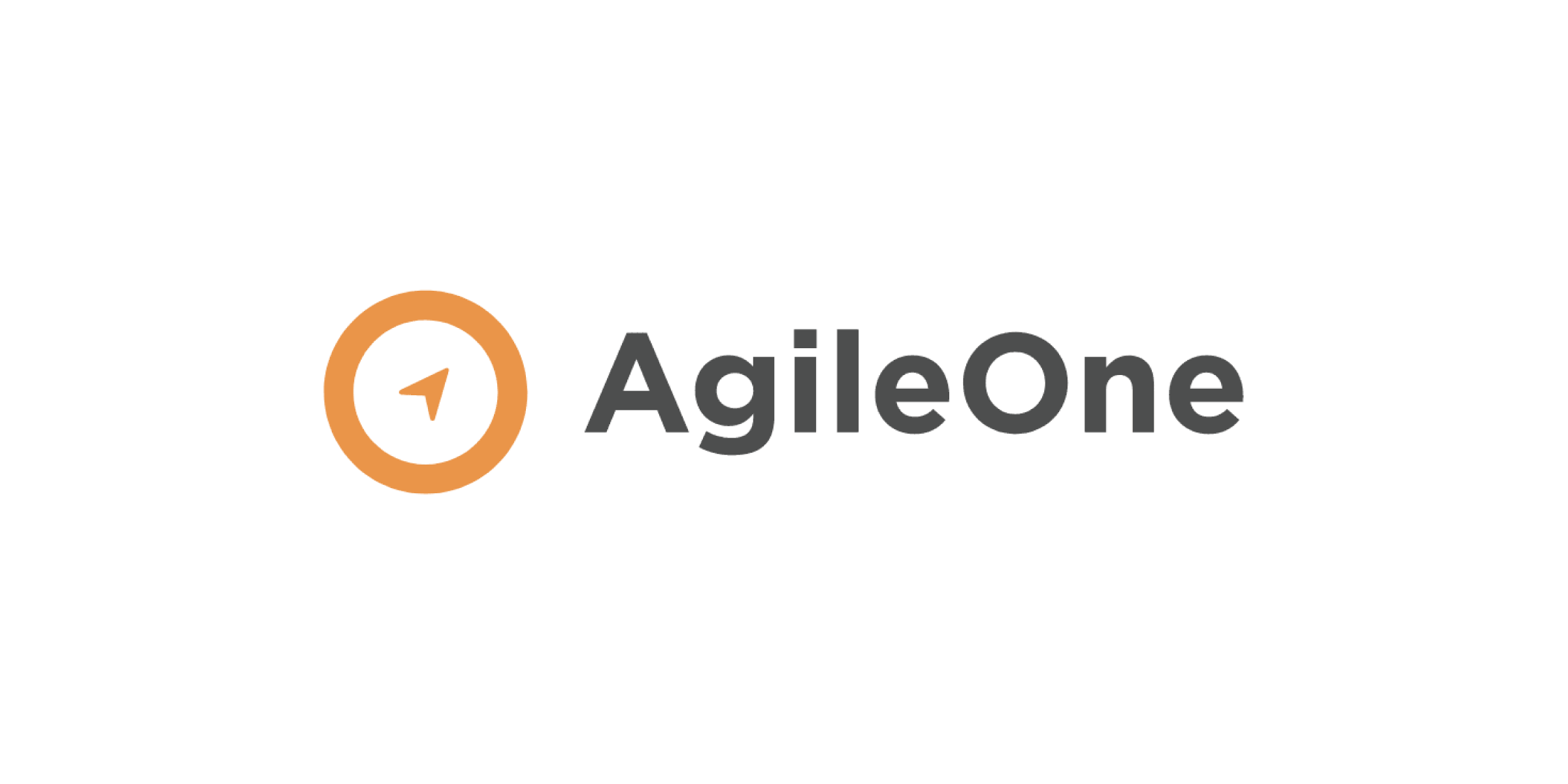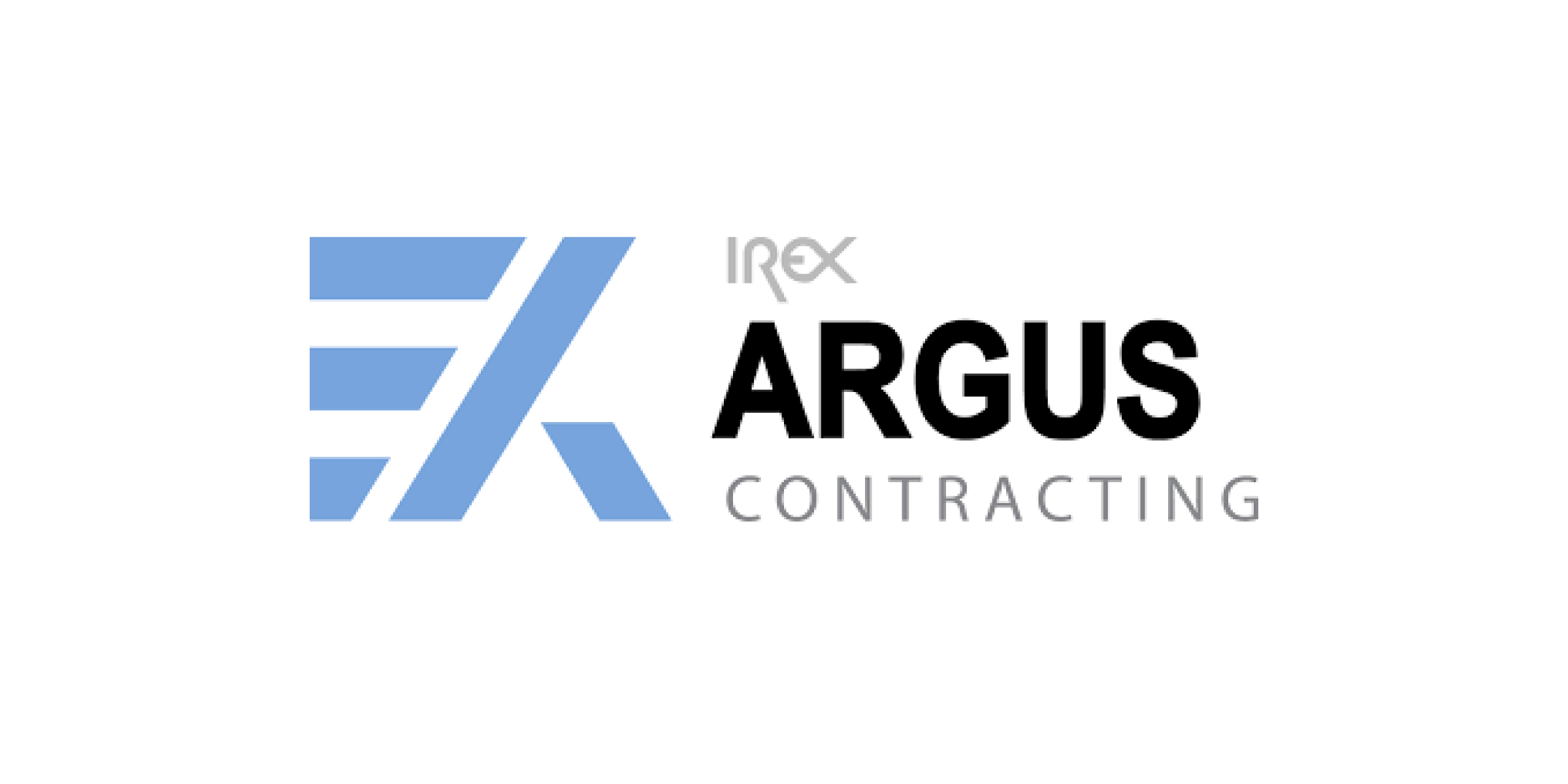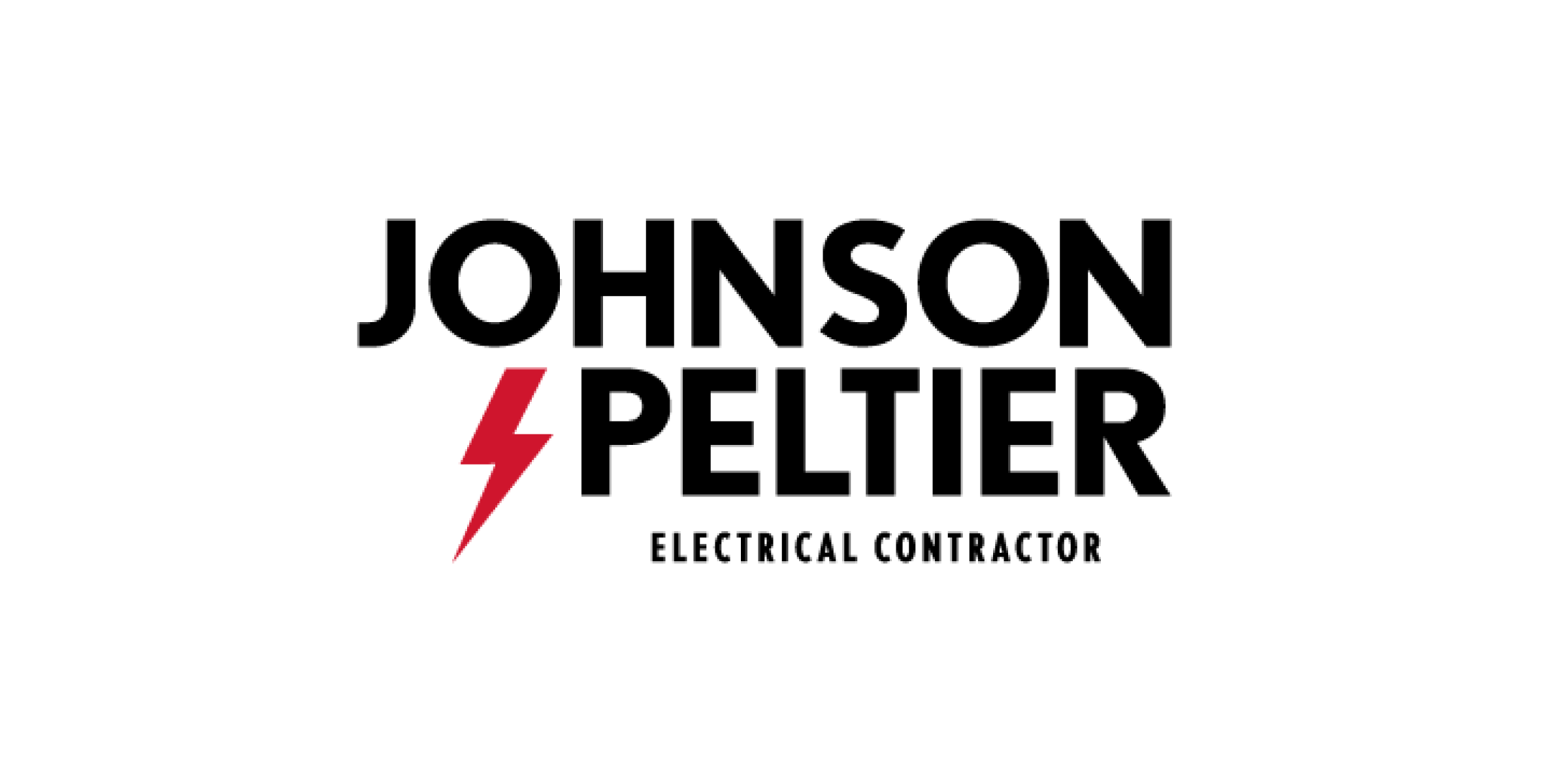Over $1 trillion will be flowing across the US through the Bipartisan Infrastructure Law (BIL), in addition to the funding driven by the Inflation Reduction Act, CHIPS Act, and other federal funding initiatives. This is the largest investment by the Federal government in the American infrastructure system since the 1950s and because of the White House Justice40 Initiative, it will have the largest impact on communities since the Work Projects Administration during the Depression. What does this mean right now and in the future for DBEs, utilities, states, municipalities? We’ll hear from several Federal agencies regarding contracting and other resource opportunities now and in the near future. And why all this is important.
Let’s talk about the 400 billion dollars in contract opportunities! The US Department of Energy is leading the way in the animation of the Bipartisan Infrastructure Law, with business development opportunities ranging from hydrogen hubs to grid resiliency and from clean energy buses to carbon capture storage. These funding opportunities all include a rigorous application of Justice40, which means that the opportunities for diverse suppliers, community-based organizations, and minority serving institutions are unprecedented – from the Department directly, as well as from the utility’s sector and prime contractors. We’ll hear directly from the source to learn how to qualify for these opportunities.
There are significant resources coming from state and local agencies as well, especially toward the clean energy transition and infrastructure development. Funding is coming, in competitive grants and funding sources, for prime or subcontractors, the type of volume like we haven’t seen in years. In this session we will hear from state and municipal agencies about their existing and upcoming opportunities.
In the aftermath of attacks on supplier diversity, ethnic chambers in California have emerged as powerful agents of change, driving impactful activities that foster inclusivity, economic growth, and community resilience
California utilities lead the nation in commitments to spending with diverse business enterprises. With over $14 billion spent with MBEs, WBEs, SBEs & DBEs in 2023, California’s regulated utilities show no signs of a lagging commitment. In this session we will hear from senior leaders about how the procurement policies support their plans for industry growth.
Access to capital for companies who are in the process of growth and scaling can be a significant obstacle along the entrepreneurial journey. Also, the cost of capital can act as a barrier for companies to become competitive when pursuing larger multi-year capital projects. We will hear from private sector prime contractors, financial institutions and government funded business development agencies, including how utility companies employ unique and innovative solutions that can assist DBEs access the financial resources they need to put forth a competitive bid proposal and to secure those next level contracts.
There are significant Federally and state supported resources designed to assist entrepreneurial enterprises avoid growing pains and access traditional and non-traditional resources for scale up. We will hear from our convenors at the MBDA and their peers about the expertise and guidance available to help enterprises in the West and beyond.
Driven by their own strong commitment and need for an expanded pool of diverse business enterprises, we will hear from several large Prime Contractors how they solicit, secure and work closely with qualified MBEs/DBEs on large and small contract projects. This includes subcontractor development training programs to assist targeted contractors to build capacity and further develop their business infrastructures to become contract ready prime time contractors!




